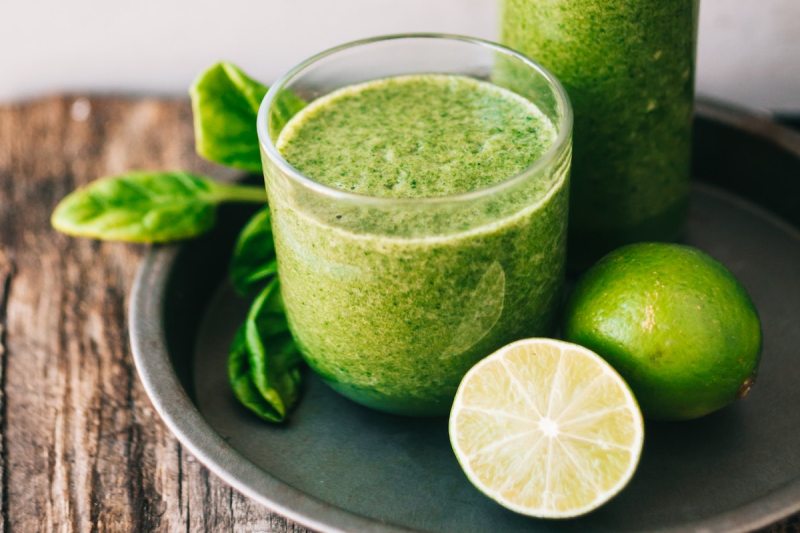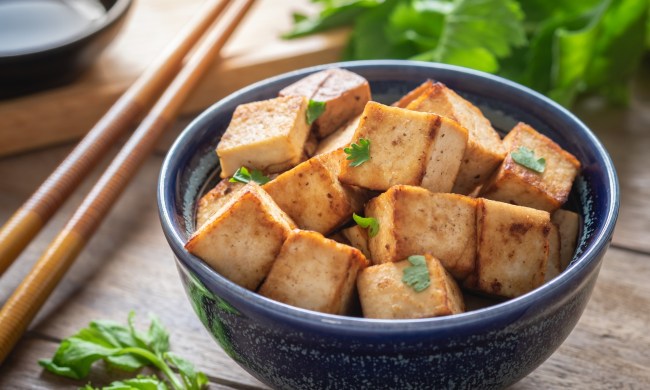The standard Mediterranean diet is already such a healthy option. Is there a way to make it even healthier?
Well, the green Mediterranean diet presents a plant-based, polyphenol twist that will improve heart, liver, and overall health. Thinking about making the switch from the Mediterranean to the green Mediterranean? We’ve outlined everything you need to make an informed decision.
How is the green Mediterranean diet different from the standard?

The green Mediterranean diet differs from the standard Mediterranean diet in myriad ways. Fundamentally the diet emphasizes plant-based food foods while discouraging the use of animal products and products that are associated with the standard Mediterranean diet. Examples are dairy, fish, and poultry.
The green Mediterranean diet has to obtain most of its protein from plants. Hence, there is a bigger emphasis on plant-based proteins like legumes, nuts, seeds, and protein-rich whole grains.
The green Mediterranean diet also encourages the consumption of foods that are rich in polyphenols, a compound found in plants that has antioxidant properties. Examples of such foods are green tea, extra virgin olive oil, and dark leafy greens like kale and spinach.
The green Mediterranean diet adds quite a unique twist — Mankai duckweed, a high-protein aquatic plant added to meals or shakes. This plant is a sustainable source of protein and is also rich in essential micronutrients like iron and vitamin B12.
How do you follow the green Mediterranean diet?

Following the green Mediterranean diet means cutting down on red meat, processed foods, and dairy while increasing your intake of plant-based meals. You should start by loading up your plate with vegetables and whole grains and swap out meat for legumes, nuts, and seeds.
The diet also recommends consuming more green tea and other sources of polyphenols. In addition, algae-based omega-3 supplements are suggested instead of fish-based options. In general, focus on minimally processed foods and aim to get protein from plants and fish rather than poultry or beef.
Foods that are allowed and to avoid
Allowed foods
- Vegetables: Spinach, kale, broccoli, zucchini, bell peppers, tomatoes, cucumbers, and Mankai (duckweed).
- Fruits: Berries, apples, oranges, bananas, pears, and avocados.
- Legumes: Lentils, chickpeas, black beans, kidney beans, and peas.
- Whole Grains: Quinoa, brown rice, oats, barley, and whole wheat bread.
- Nuts and Seeds: Almonds, walnuts, chia seeds, flaxseeds, and sunflower seeds.
- Healthy Fats: Extra virgin olive oil, olives, and avocado oil.
- Plant-Based Proteins: Tofu, tempeh, and seitan.
- Beverages: Green tea, water with lemon, and herbal teas.
- Herbs and Spices: Basil, oregano, rosemary, turmeric, and garlic.
Foods to avoid
- Red Meat: Beef, pork, lamb, and processed meats like bacon, sausage, and ham.
- Dairy: Butter, cream, full-fat milk, and cheese (can be limited or replaced with plant-based alternatives).
- Refined Grains: White bread, pasta made from refined flour, and pastries.
- Sugary Foods: Sweets, candy, sugary drinks, and desserts with added sugar.
- Processed Foods: Packaged snacks, fast food, fried foods, and processed meats.
- Animal-Based Saturated Fats: Fatty cuts of meat, lard, and processed animal fats.
- High-Fat Dairy: Full-fat cheese, heavy cream, and butter.
What are the benefits of the green Mediterranean diet?

Supports cardiovascular health
The green Mediterranean diet emphasizes plant-based foods, healthy fats (especially from olive oil), and nutrient-dense vegetables like leafy greens. This combination helps reduce the occurrence of heart disease risk factors.
Studies show that the diet’s high intake of polyphenols, found in green tea, leafy greens, and nuts, can further improve cardiovascular health by promoting better blood vessel function and reducing blood pressure.
Promotes liver health
A 2021 study found that the combination of the food items in the green Mediterranean diet can help reduce fat in the liver (intrahepatic fat). This, in turn, promotes liver health and lowers the risk of non-alcoholic fatty liver disease (NAFLD).
Aids in weight management
The green Mediterranean diet focuses on whole, nutrient-dense foods that are high in fiber and low in unhealthy fats. The increased intake of fiber from fruits, vegetables, and legumes keeps you fuller for longer, helping reduce overall calorie intake.
Moreover, avoiding processed and fatty meats while incorporating plant-based proteins helps maintain a lower caloric intake, contributing to weight loss or healthy weight maintenance.
Are there any downsides to the Mediterranean diet variation?

The green Mediterranean diet can feel restrictive to some people who are accustomed to eating red meat, poultry, and dairy. Hence, it may not be sustainable in the long run. Also, people trying to build muscle or who are very active may find it challenging to get enough protein without animal products. While foods like Mankai and legumes are protein-rich, they don’t provide as much protein as animal-based sources like fish and poultry.
Some of the recommended foods in the green Mediterranean diet, like Mankai, extra virgin olive oil, and some nuts and seeds, can be expensive or difficult to find in certain regions. Also, green tea and other high-quality, nutrient-dense plant foods may be more expensive than common animal-based products.
The downsides of the diet have to do with dietary differences, fitness goals, lifestyle, and budget. It goes without saying that the good outweighs the bad for the green Mediterranean diet. So, if you find that it aligns with your fitness and health goals, you should give it a shot.
Sample day of eating

- Breakfast: A green smoothie with spinach, avocado, chia seeds, and almond milk, served with a side of green tea.
- Lunch: A quinoa and kale salad topped with walnuts, roasted chickpeas, and olive oil dressing.
- Snack: A handful of mixed nuts and a cup of green tea.
- Dinner: Grilled salmon with a side of steamed broccoli, drizzled with olive oil and lemon juice.
Frequently asked questions

Does the green Mediterranean diet help with weight loss?
Yes, research suggests that the green Mediterranean diet can aid in weight loss due to its focus on plant-based foods, which are typically lower in calories but high in fiber, helping you feel full longer.
Who is the green Mediterranean diet best for?
Nearly anyone can get on the green Mediterranean diet. Individuals looking to improve heart health, reduce inflammation, and lose weight can benefit greatly from it. It’s also a good option for those who prefer a more plant-based approach to nutrition.
Can you eat chicken on the green Mediterranean diet?
The green Mediterranean diet limits poultry, including chicken. The focus is on plant-based proteins and fish as the primary protein sources.




